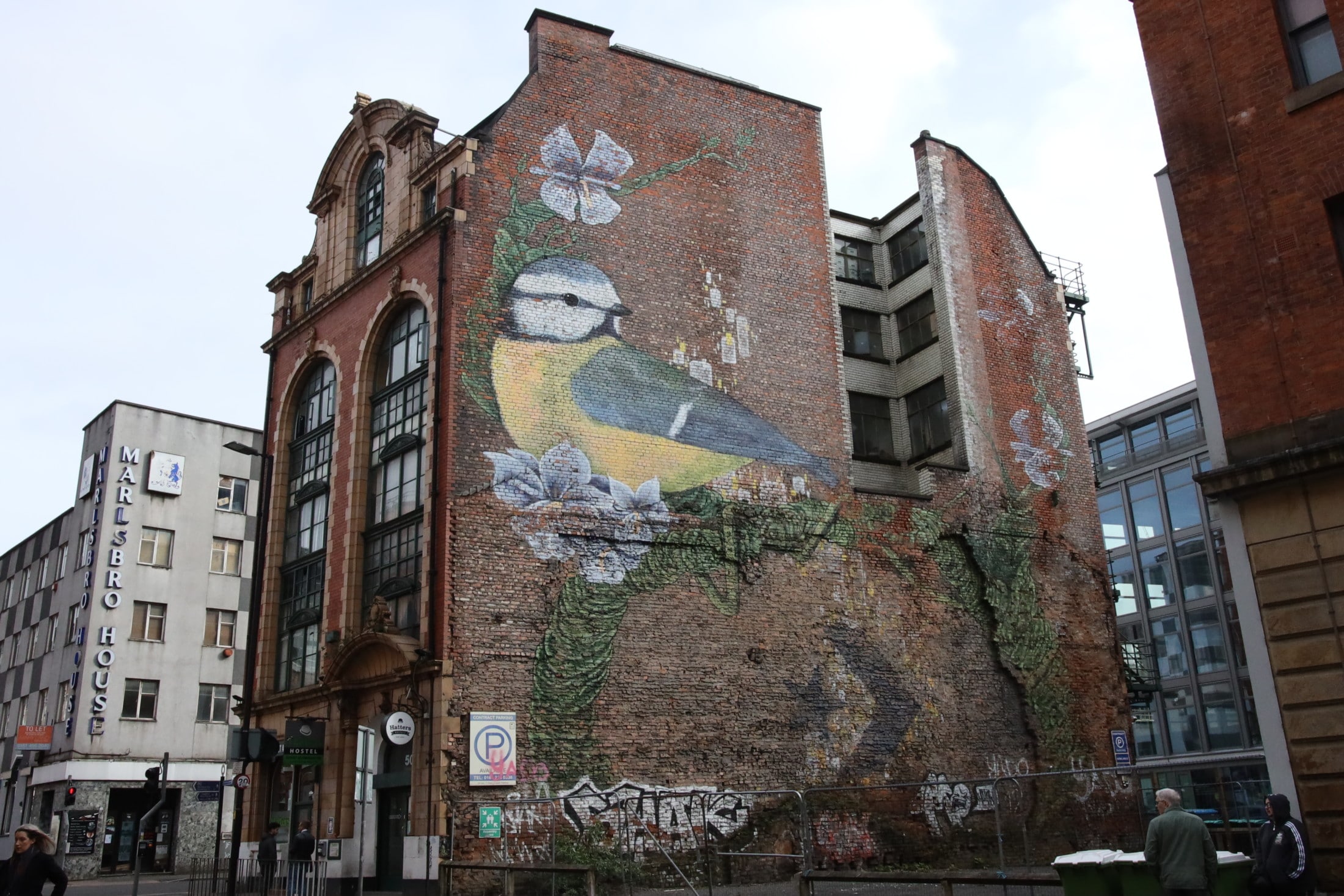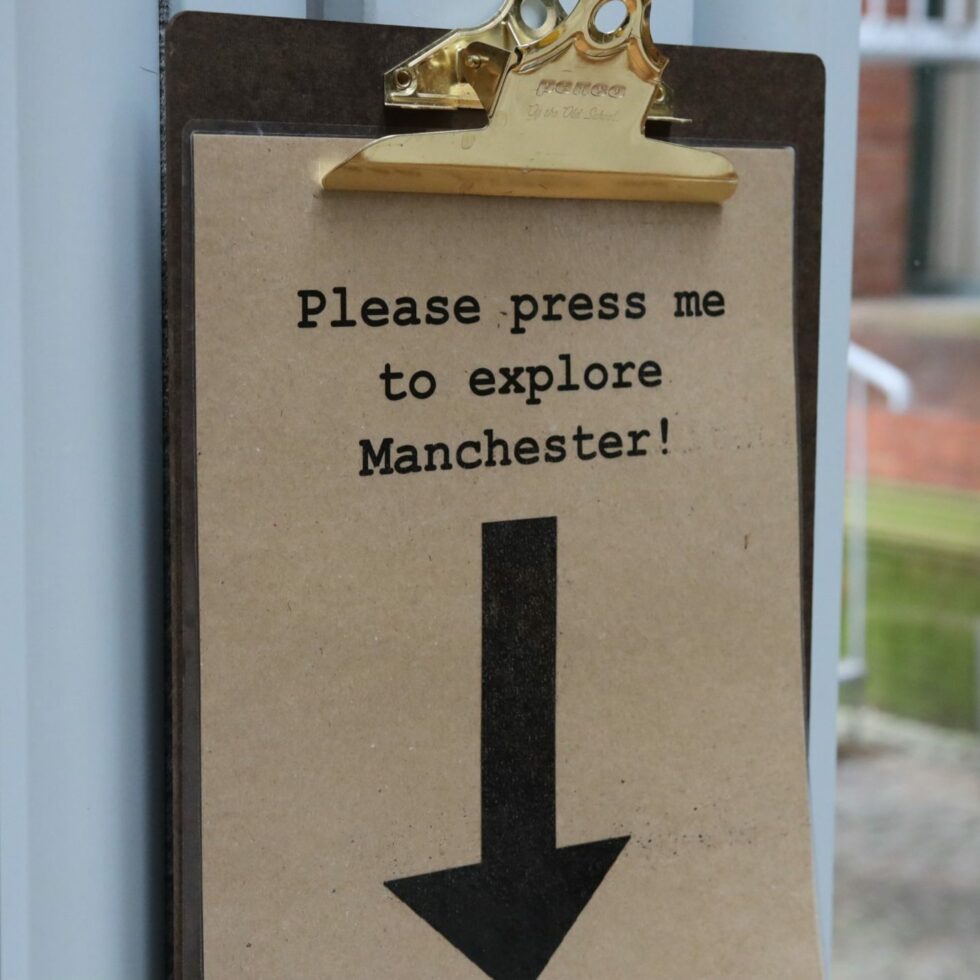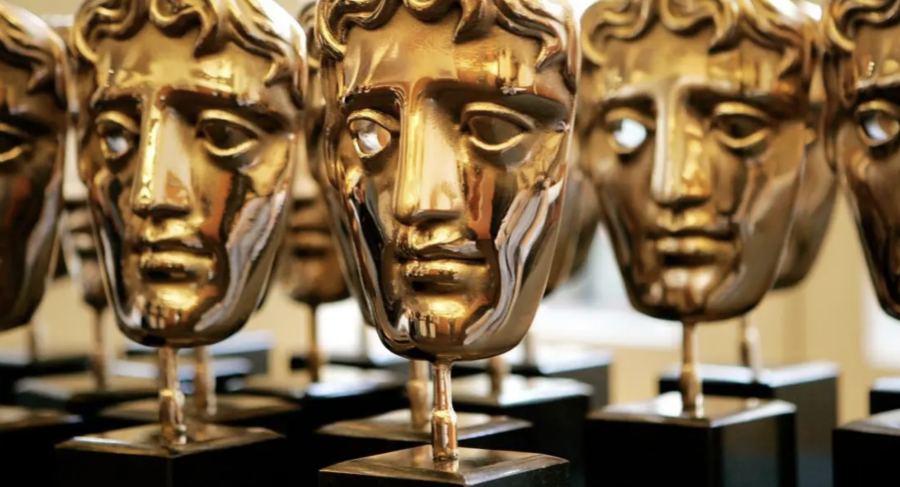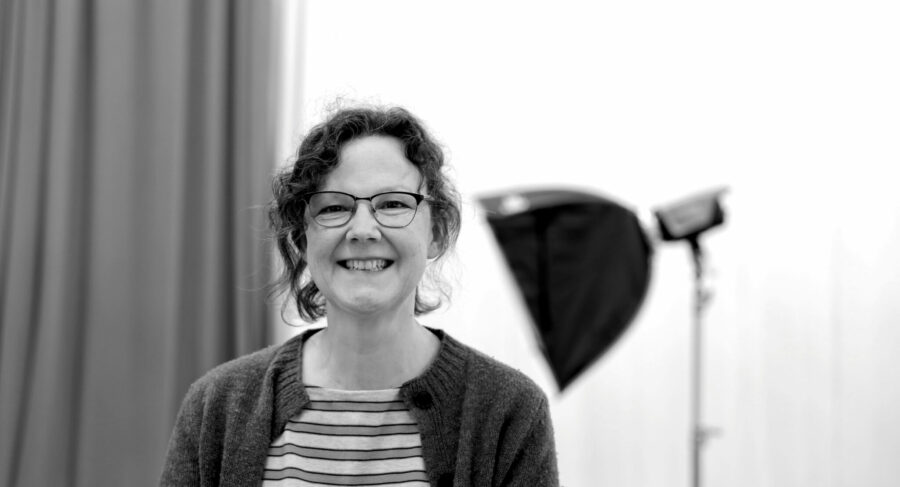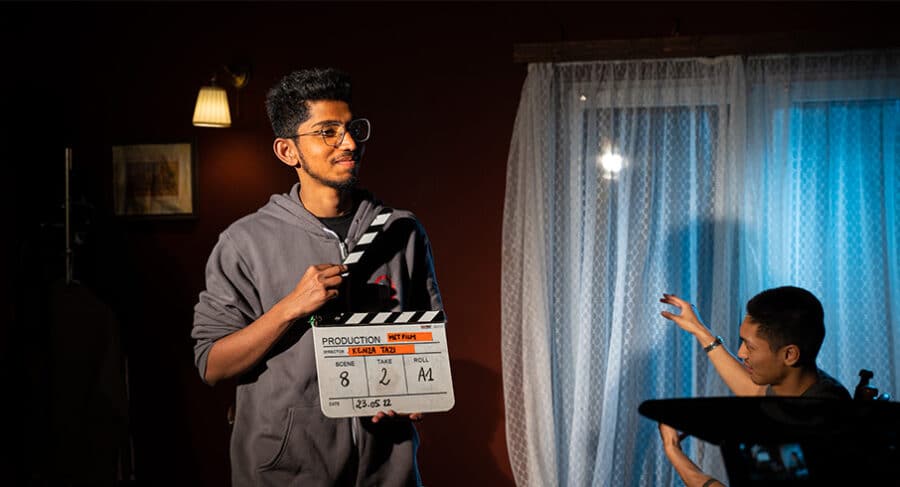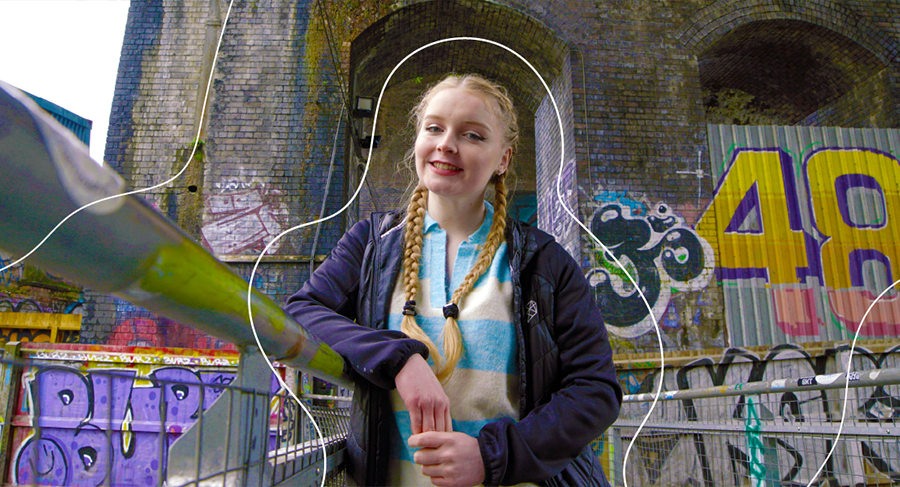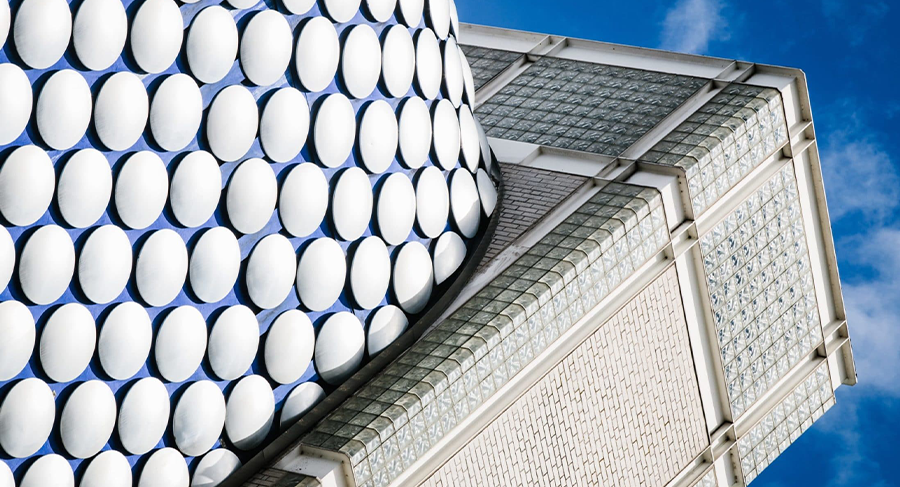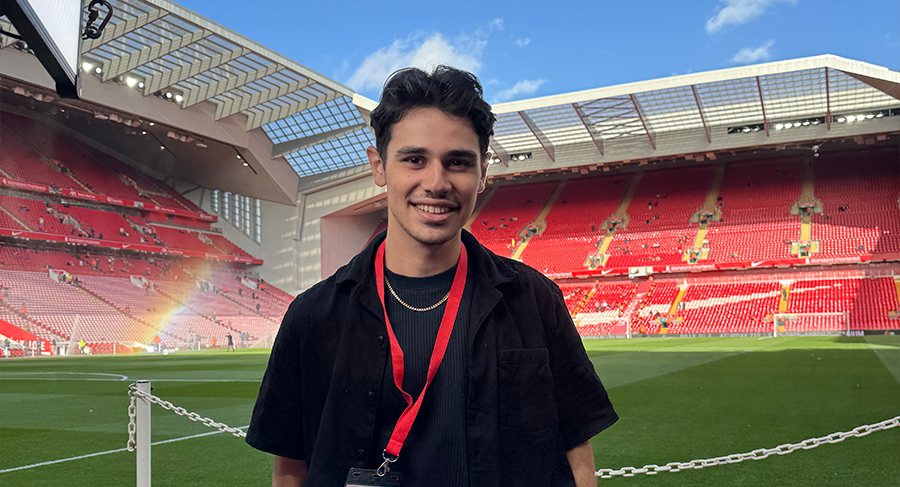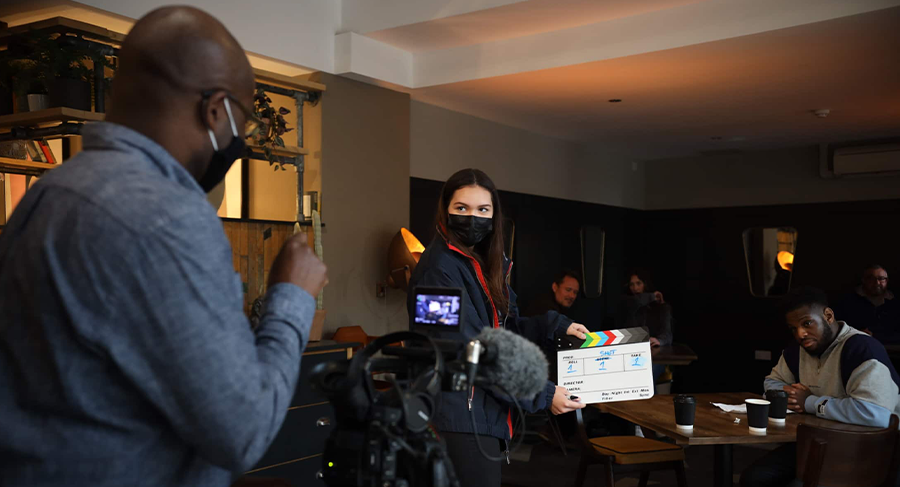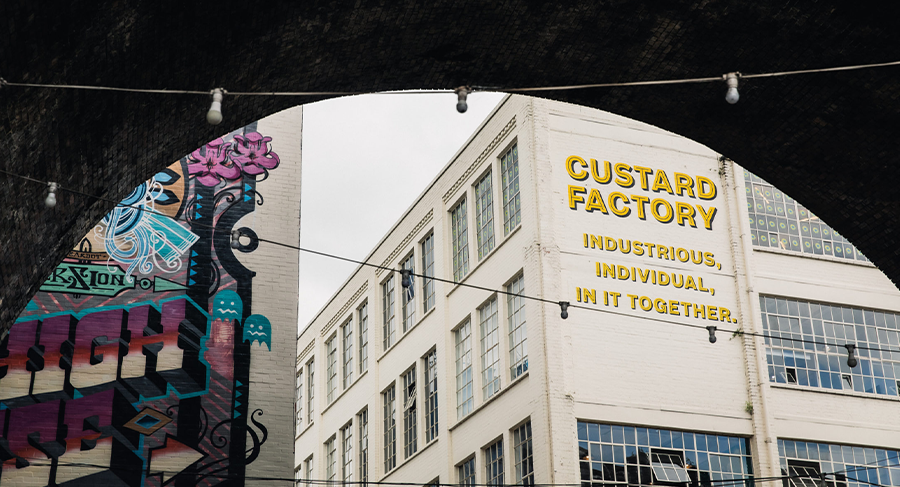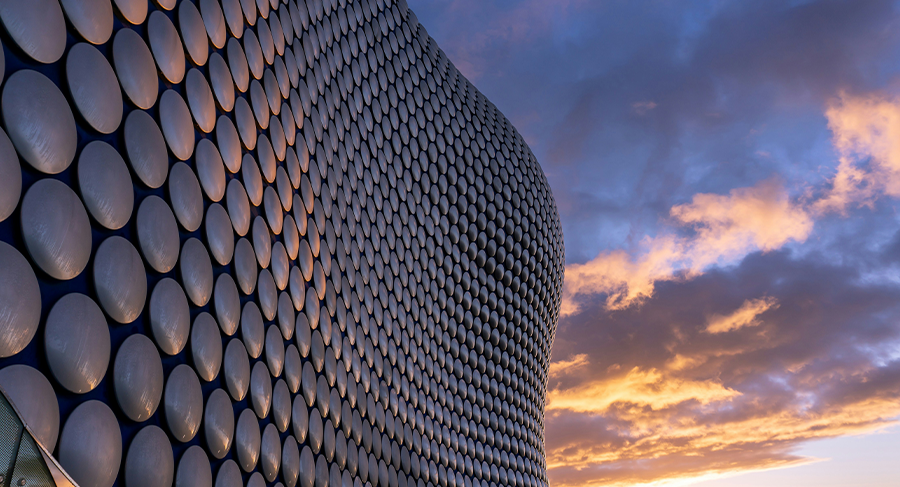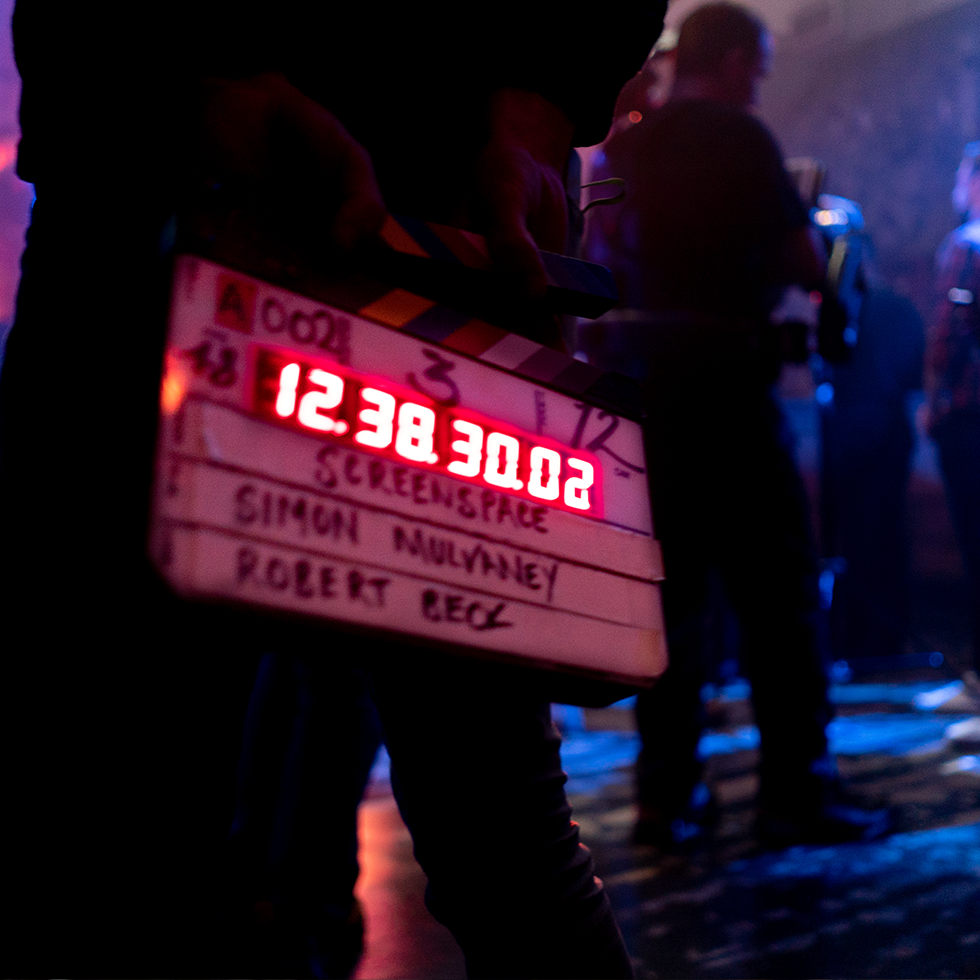There are three main areas of Manchester where film production happens: in the east of the city at Space Studios and The Sharp Project; in the city centre, where indie companies cluster between the Northern Quarter and Spinningfields; and, in the west, the renowned MediaCity.
Space Studios and The Sharp Project
In the east of the city, you’ll find Space Studios and The Sharp Project. Built in virtually the same location as the iconic Mancunian show Shameless, Space Studios is home to the largest sound stage in Europe, on a par with the Bond stage at Pinewood.
Recent productions include the sixth series of Peaky Blinders and Sky Original’s Intergalactic. The Sharp Project’s central campus houses companies such as Brown Bag and Brickhouse, and is the birthplace of Sky TV’s hit series Brassic.
City centre
Manchester’s city centre is teeming with commercial and indie film companies. From production houses that create high-end commercials and premier football content, to the UK’s biggest regional post-production house, and indie film companies making feature films released on Netflix.
Exciting new developments include St John’s (formerly Granada), which will feature a commercial area called Enterprise City, as well as a new hub for arts and culture, The Factory. This, and the expansive N.O.M.A. district are transforming Manchester into an exciting, dynamic centre for the creative industries.
MediaCity
MediaCity is predominantly home to what are known as ‘shiny floor’ studio productions from CBBC, BBC Sport, and ITV studios. The independent drama production company RED is also based here, alongside other broadcasters specialising in factual TV.
Manchester is rapidly becoming a powerhouse in the gaming industry, with companies such as Team 17, Smashmouth Games, Fabrik Games, and Cloud Imperium establishing themselves here.
Supported by strong digital infrastructure and a substantial talent network, anchored by hubs like MediaCity, Manchester is establishing itself as a key player in the digital arts sector.
Explore the intersection of animation and gaming at Manchester Animation Festival, or dive into anime culture at Manchester Anime & Gaming Con, for endless inspiration and networking opportunities.
Manchester is a city with a buzz of excitement around every corner.
The city’s most famous exports include Oscar-winning film director Danny Boyle, iconic bands like The Smiths, Oasis, and Pale Waves, and the globally-celebrated football teams who play in red and blue.
Historical figures from Manchester include suffragette leader Emmeline Pankhurst, a key figure in the fight for women’s votes, presenter Professor Brian Cox, and philosopher Friedrich Engels. The Mardi Gras Festival (now Manchester Pride) started in 1985 as a fundraiser for AIDS victims. It grew in the 90s into a unifying community event and a national symbol of change and inclusivity.
Soak up the city’s history, art, and culture with Manchester’s rich array of museums, theatres, and galleries. Gamers should visit Power UP, a permanent exhibition at the Science & Industry Museum, to explore a variety of classic and locally-developed video games.
There are plenty of open spaces and green areas where students can take a break and enjoy the fresh air. Piccadilly Gardens is a lovely spot to hang out in the sunshine between lectures and, a little further south, just off Canal Street, you’ll find Sackville Park, home to the Alan Turing memorial statue.
If you love being out and about in nature, you’re in luck. Areas surrounding Manchester are filled with numerous green spaces to explore, including Heaton Park, Alexandra Park, and many others.
Cycling is a cost-effective way to travel if you live near the city centre.
For those relying on public transport, the city boasts an extensive bus network covering Greater Manchester, including a free hop-on, hop-off service in the centre that connects all the main rail stations and shopping districts.
There are three key train stations to London Euston and connections to cities like Glasgow, Birmingham, and Liverpool.
The Metrolink tram system provides frequent services across Greater Manchester, connecting areas such as Chorlton, Didsbury, and Salford.
Manchester Airport, the nearest major airport, is just 13 miles away, offering international and domestic flights just a half-hour train journey from the city centre.
